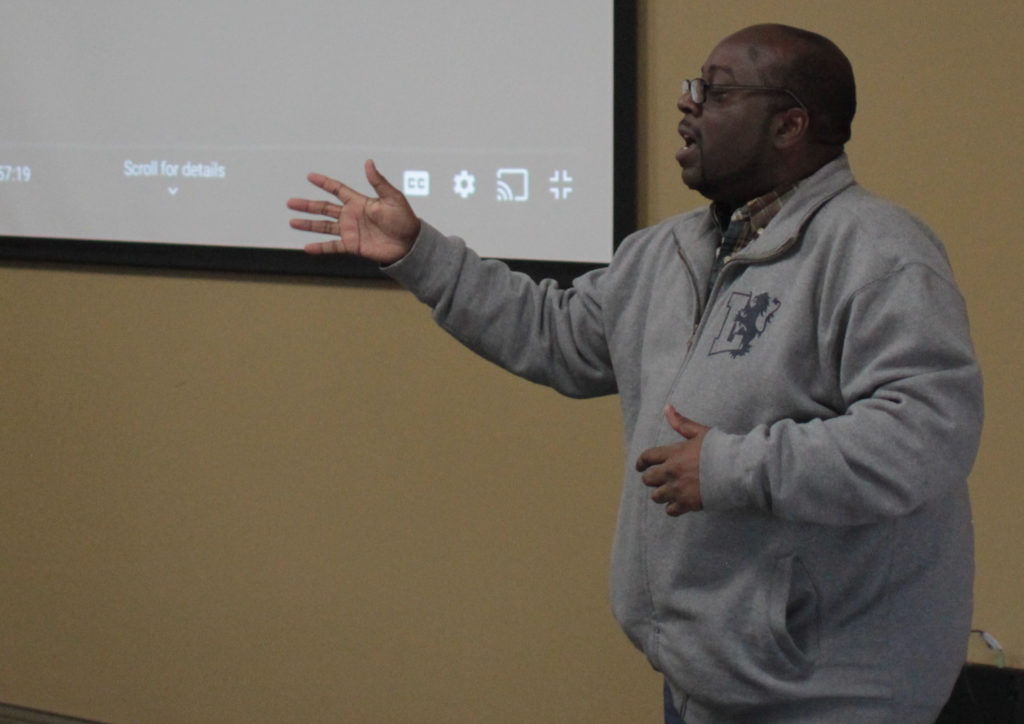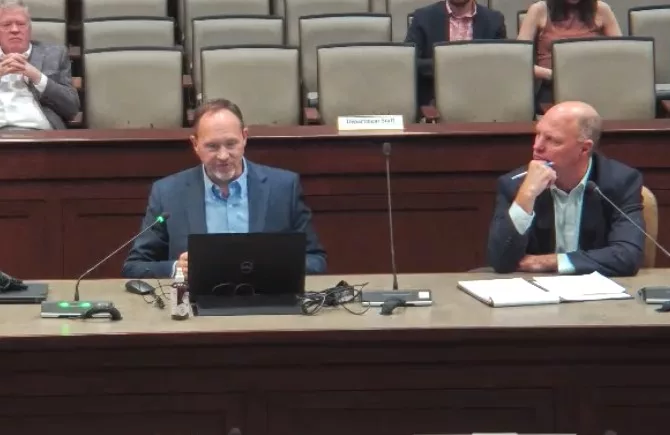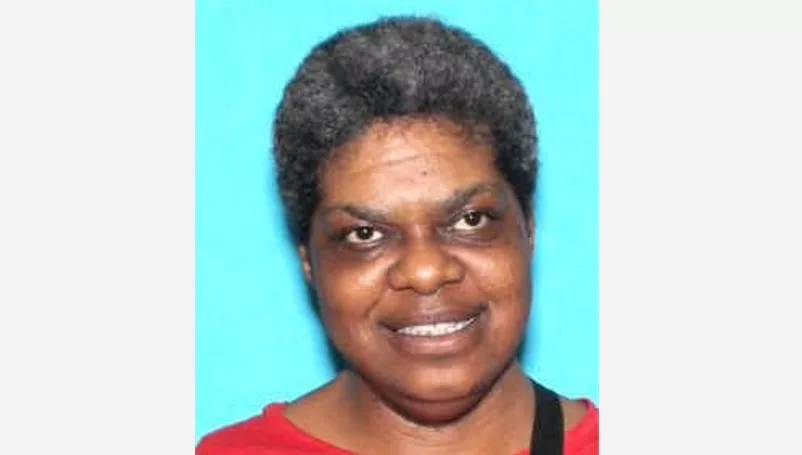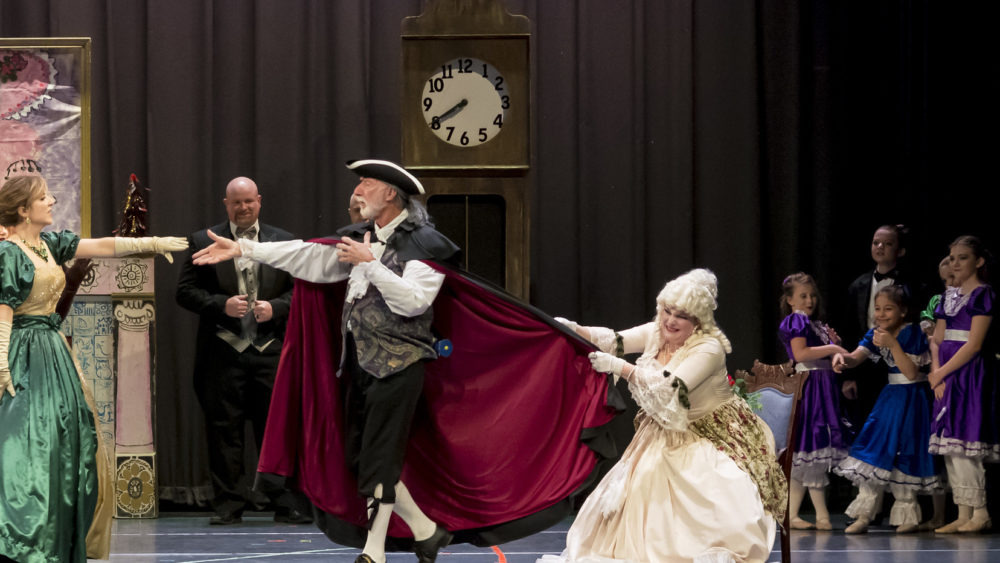Lyon College Associate Dean of Student Life and Director of Diversity Lai-Monté Hunter kicked off Black History Month last week by starting a dialogue about the Greensboro Four, their famous original sit-in at Woolworth’s, and the chain reaction set off by these sit-ins. Attendees viewed the documentary “Hidden Figures: The Greensboro Four” and participated in a discussion afterward.
The documentary claimed that before Feb. 1, 1960, Greensboro, N.C., might have been described as “polite” or “typical.” That perspective changed when four college freshmen came together and made their non-violent protest against racism and segregation that impacted their lives. The four young men had no idea when they entered Woolworth’s that day that they would spark a month-long reaction of sit-ins, or “direct action protest[s]” throughout the south.
Though they knew that their actions would incite harsh blowback and possibly violence not only on themselves but their families, they acted anyway. Years later, Jibreel Khazan explained that they acted out of a deep need to obtain what southern segregation denied them: manhood and dignity.
Like many in attendance, Hunter learned about the Greensboro Four at a young age but “did not fully understand the impact of their contribution until many years later.” The Greensboro Four were young activists, but being “only” college freshmen did not stop them from impacting history forever. Hunter says he “continue[s] to be inspired by [the Greensboro Four’s] commitment as undergraduates” and that this fills him with a “motivation to empower [his] students to find their voice within the movement.”
“Knowing that the Greensboro Four were my age and started a sit-in protest makes me feel empowered in a sense that I can accomplish something just as impactful as they did,” said sophomore Dawson Angeles after watching the documentary.
Interested Lyon students can join this ongoing conversation in a variety of ways. Hunter invites the community to engage themselves on campus in programs that “promote awareness through public discourse.” Such opportunities are made available during the academic year through the Office of Diversity in collaboration with the Black Students Association.
“The courageous actions of the Greensboro Four,” Hunter concluded, “were extremely important to the nation and the civil rights movement. [America was] able to witness African American college students lead a peaceful demonstration, which resulted in social change. Their leadership is a model for current students to consider when supporting the Black Lives Matter movement. It is a reminder that institutions of higher learning are vital contributors in preparing all students with the appropriate methods to address issues of social inequality.”
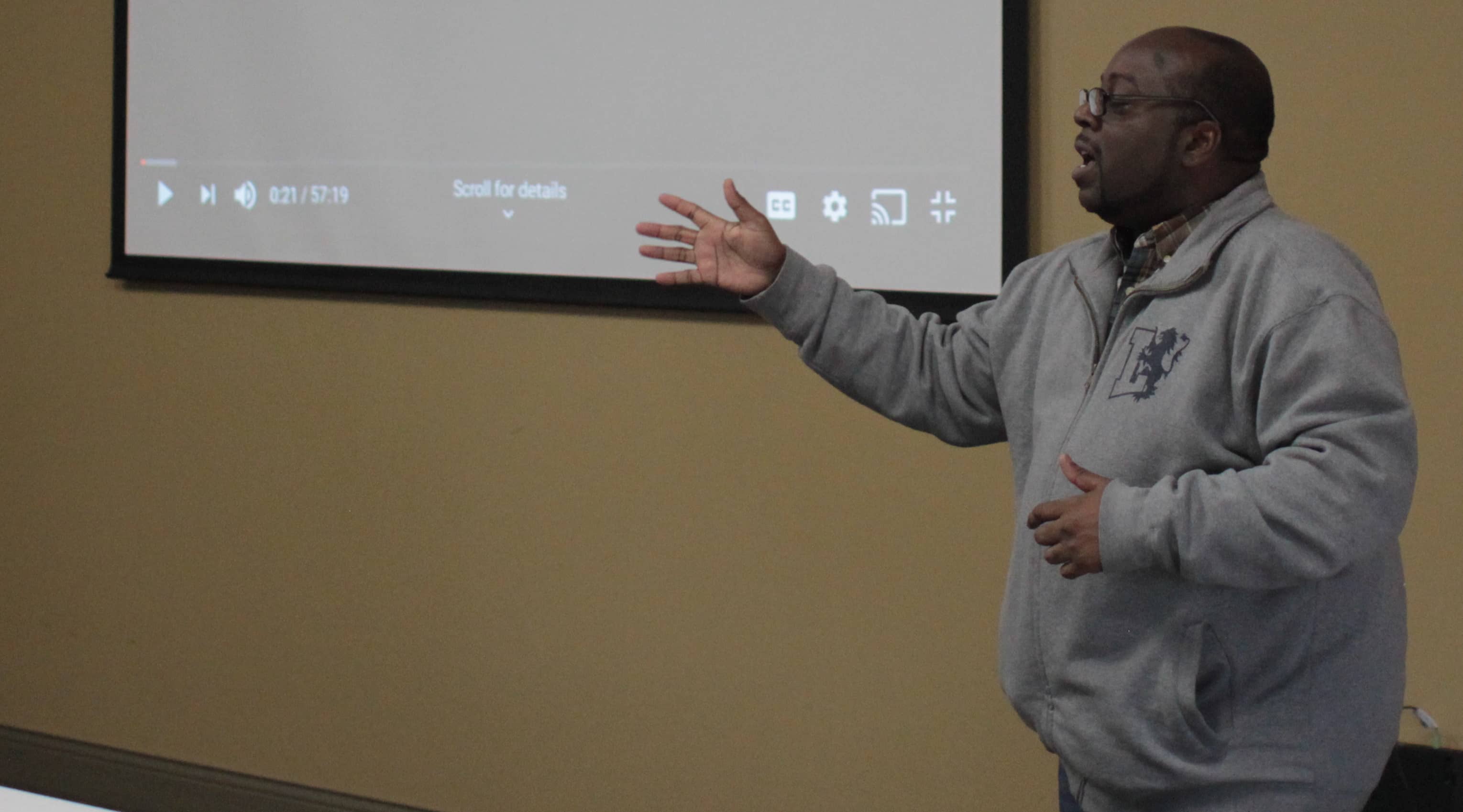 Associate Dean of Student Life and Director of Diversity Lai-Monté Hunter leads a discussion on the documentary, “Hidden Figures: The Greensboro Four.” / Image submitted
Associate Dean of Student Life and Director of Diversity Lai-Monté Hunter leads a discussion on the documentary, “Hidden Figures: The Greensboro Four.” / Image submitted
Article by Nichole Cook
Lyon College







